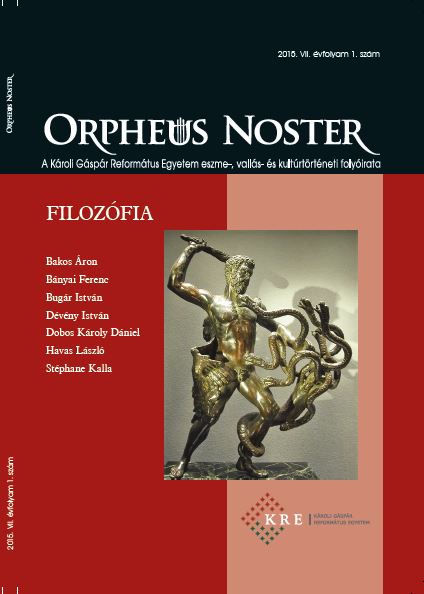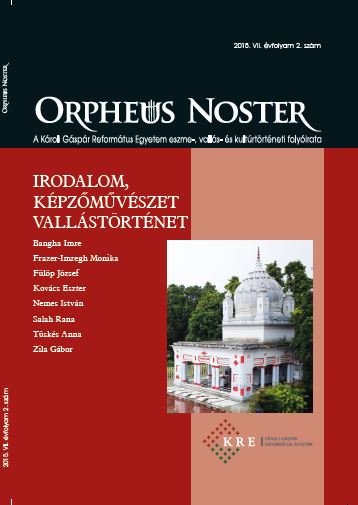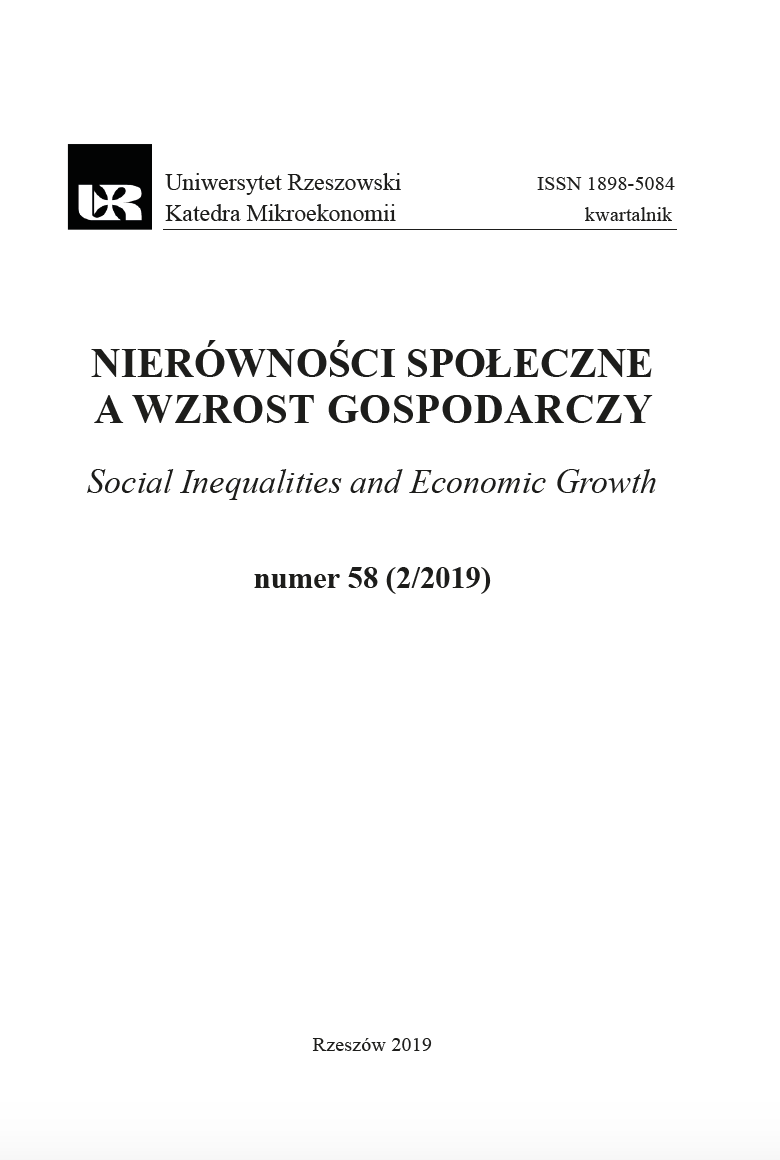
A profán emberi és a szakrális környezet viszonya az ókortól a középkorig
This study investigates how a healthy human environment was preserved in the past, both physically and mentally. The author introduces some famous Greek deities, who were responsible for health. From this varied palette is taken Heracles, who had an important role in creating valuable and safe human surroundings. Romulus and Caesar, two prime figures in the Roman world, are mentioned; they had magic powers over health, although they were mortal persons. The same nature was attributed to the Christian emperors of the Middle Ages, such as Charlemagne, Otto I, Henry II and the first Hungarian king, St. Stephen I. They all wanted to create the Heavenly Jerusalem on earth. One thing in common in these groups of deities, heroes and kings was that, as a thaumaturge and Christus medicus, they could possess healing and purifying abilities to improve their human environment.
More...

